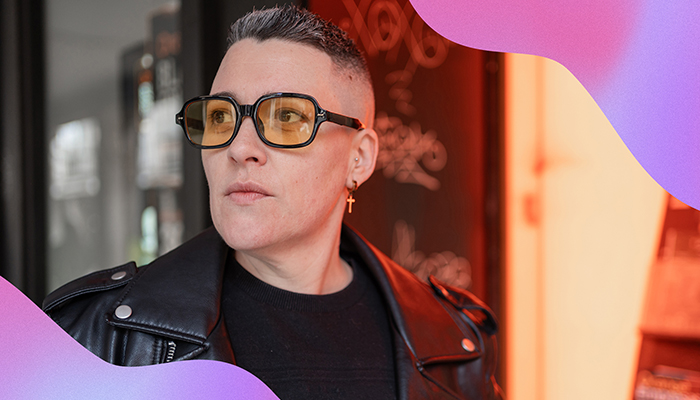Therapy can be a transformative step toward understanding yourself, navigating challenges, and finding clarity in your life. Before you book that first session, it’s worth taking a moment to reflect. Asking yourself a few key questions can help you get the most out of therapy.
Here’s a quick guide to get started:
1. What do I hope to gain from therapy?
Start by identifying what you’re looking for—whether it’s better coping strategies, clarity around a specific issue, or a space to unpack and process trauma. Having a general idea of what you want to work on can help set the tone for your sessions.
2. Why am I seeking therapy right now?
What brought you to this moment? Maybe it’s a recent life event, a shift in how you’ve been feeling, or simply a desire for personal growth. Understanding your “why” can bring focus and intention to your sessions.
3. What are my goals for therapy?
Think about what success in therapy looks like for you. Is it improved mental health, more confidence, or tools to handle stress? Even if your goals feel broad or uncertain, naming them is a great first step.
4. What are my biggest fears or concerns about therapy?
Therapy can feel intimidating—especially if you’ve had negative experiences or are unsure what to expect. Naming your fears (e.g., judgment, opening up, or not connecting with your therapist) can help you address them head-on.
5. What will make me feel safe and comfortable during therapy?
Consider your needs for feeling secure in a session. Do you prefer a therapist who shares your lived experiences or identity? Is humor or a gentle approach important? These details can help you find a therapist who aligns with your comfort level.
6. Are there specific feelings or situations I want to work through?
If you’ve been experiencing certain emotions—like anxiety, depression, grief, or overwhelm—or have specific challenges you would like to tackle, jot them down. These can serve as conversation starters with your therapist.
7. Have I been in therapy before? What worked (or didn’t)?
If you’ve tried therapy before, reflect on what felt helpful and what didn’t. Did a certain therapist’s style resonate with you? Was there something missing? Use these insights to guide your search for the right fit.
8. Am I ready to prioritize this space for myself?
Therapy requires time, energy, and emotional capacity. Ask yourself if you’re ready to commit to showing up for yourself and exploring the hard stuff—even when it’s uncomfortable.
Bonus Tip: Prepare Questions for Your Therapist. Therapy is a two-way relationship. Don’t hesitate to ask your therapist about their approach, experience, or how they’ll help you meet your goals. It’s important to find someone you trust and connect with!
_____
At FOLX, our LGBTQIA+ affirming therapists are here to create a safe, judgment-free space where you can explore your thoughts, feelings, and goals. Read more about our therapists and make an appointment here.
P.S. We take insurance. Most folks with in-network insurance will pay just their copay (usually around $15-50) for therapy sessions. Otherwise, sessions are $129/visit when paying out-of-pocket.



